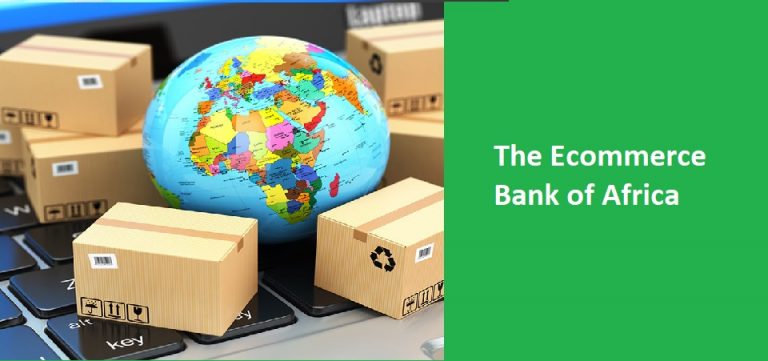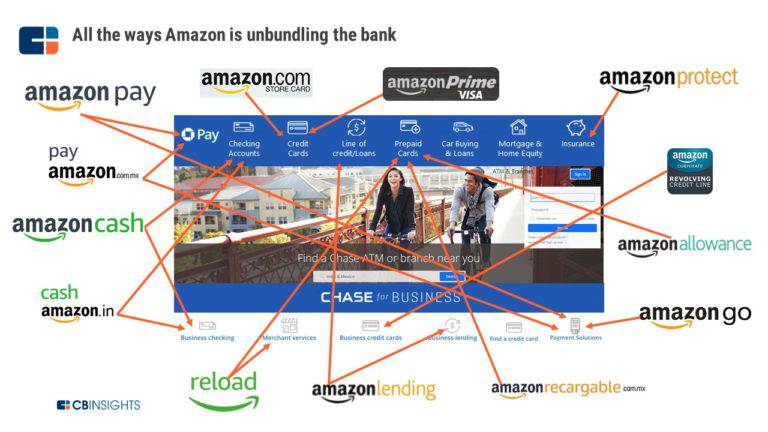
Ecommerce is hard especially in Africa where marginal cost challenges make it an offline business. Yes, if the cost of logistics still dominates the transaction/distribution cost, making the operations bounded by geography, it is nothing truly online. As I noted years ago in the Harvard Business Review, we have a long way to go before we can fix most of the frictions in the sector. My summary is that ecommerce is a wasteful venture at this time in Africa unless you have free money to be throwing at it before things improve. And do not call it an online business because there is nothing in it that is truly online: serving an extra customer does not end with a click. It costs real money to reach that person in an area with no postal services.
The biggest challenge in ecommerce is the marginal cost paralysis. And unfortunately, no ecommerce company can fix it since none can price without consideration of losing buyers to supermarkets and open markets. So, any ecommerce operator that wants to keep its products low must discount it and that means absorbing the marginal cost. That is what they do. And they keep doing so until they run out of more money.
As I explained in the HBR, buyers have options, from local open markets to hustlers on traffic lights. Any ecommerce must beat the alternative ecosystems on price to win new customers and keep present ones. To do that, they would need volume, only possible with a nationwide or regional operation. But without logistics like postal systems, that will not happen
Tomorrow’s Ecommerce Operator
If you want to become a tomorrow’s ecommerce operator in Africa, you have to do many things right. As Facebook, Instagram and WhatsApp morph into platforms of trade, a clear separation would be extremely critical. The following are needed:
- Connect merchants to sell more and increase their numbers
- Get buyers to buy more and boost their numbers
- Eliminate any element of friction which exists between buyer/seller
To be successful, you need to become an ecommerce banking institution with dedicated focus to serve your merchants and customers and nothing more. And you need to also become an efficient logistics operator. You would need a lot of money to do these things in Africa. Be warned: Africa’s largest company by market cap, Naspers, has been opening and closing ecommerce entities, in Africa, for years. None has worked out, from Kalahari to OLX Nigeria. If this firm cannot get this right, you need to examine your game plan very well.
Register for Tekedia Mini-MBA edition 19 (Feb 9 – May 2, 2026): big discounts for early bird.
Tekedia AI in Business Masterclass opens registrations.
Join Tekedia Capital Syndicate and co-invest in great global startups.
Register for Tekedia AI Lab: From Technical Design to Deployment (next edition begins Jan 24 2026).
Addressing these issues will require inventing new models: the new Konga is pursuing the integration of physical stores and digital ecosystem. It would cost money because the perceived asset-light advantage typical in online business would be gone. Building and running stores on generators in Nigeria is not easy. But that is what may be needed to unlock the inherent opportunities in the sector.
Ecommerce Bank Component
Take a look at what Amazon is doing where everything is done to improve the core ecommerce operations using the one oasis strategy. Amazon has built a formidable banking institution without a bank license: call it the Bank of Amazon. It covers any financial service solution you can imagine to help improve merchants and customers experiences in its portal.

You would need to have such capabilities to reduce different levels of frictions if you want to thrive at scale. The merchants have to sell more. And the customers have to spend more. Doing that would involve improving the capacities to reduce frictions between them. Payments have to be frictionless and cost-efficient as well.
All Together
Any African ecommerce operator who has not understood that Amazon has succeeded by building one of the most feared financial service technology tools is not paying attention. By reducing cost for merchants and improving payment options for customers, the company continues to grow. Any company that plans to become a strong ecommerce company in Africa must also become a strong bank without a bank license, delivering services on merchant lending, payments and more.
There needs to be a way to incentivize merchants to come while luring customers to open their wallets, physical and digital. Interestingly, one key parameter that enables that to happen is promising and delivering value: making money and saving money. If ecommerce is about advancing commerce by reducing friction between buyers and sellers, fixing payments and logistics are the functional pillars in Africa. Anyone that can deliver this will need to become an ecommerce bank without a bank license.
---
Connect via my
LinkedIn |
Facebook |
X |
TikTok |
Instagram |
YouTube



